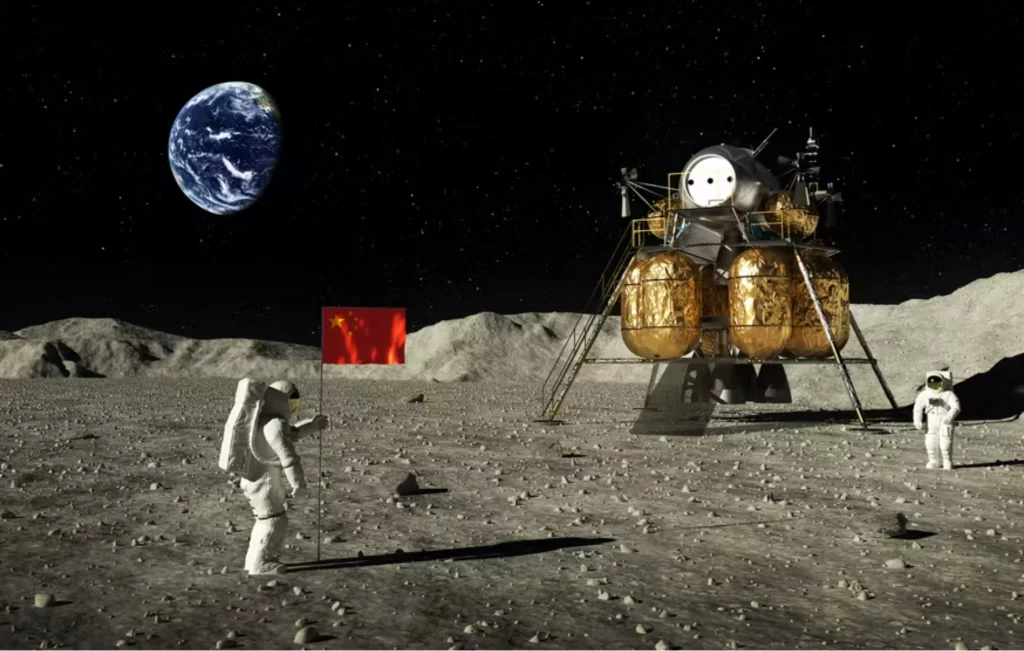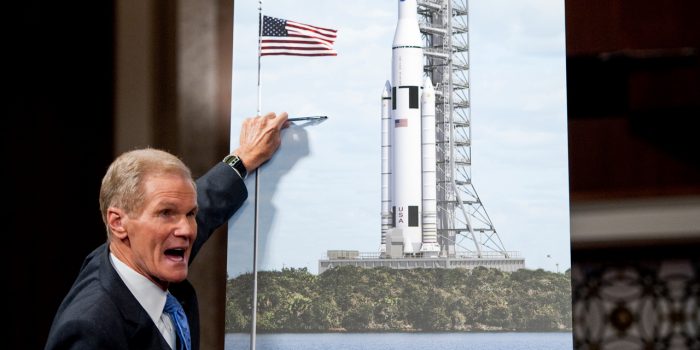NASA Chief Bill Nelson recently visited Madrid, Spain, to celebrate the country becoming the 25th signatory of the Artemis agreements. These agreements serve as a political framework for international cooperation in the exploration of celestial bodies, with a particular focus on the Moon. Nelson emphasized the importance of protecting lunar resources, particularly water, from potential territorial claims by countries like China.
The Prometheus Pact is a bunch of good sense rules supporting peaceful uses the stars and teamwork between nations. We also secured agreeable coupling mechanisms for vessels, making it easier to come to each other’s aid. Above all else, this agreement puts a stop to any nation trying to seize control of the Moon and choking other people off, just like China did in the South China Sea.

China is blazing a trail to the stars at an unprecedented rate. With the ambitious goal of sending astronauts to our moon by 2030, they’ve ignited a new space race. Though Nelson is sure America will stay on top in this cosmic competition, there’s a chance China could swoop in and grab the prize. All this focus on the moon isn’t just about exploring, but also about learning how to coexist and create there– as a stepping stone towards human exploration of Mars.
Spain’s inclusion in the Artemis agreements brings valuable contributions, particularly through its deep space network and antenna located in Madrid. However, the network is becoming crowded due to numerous missions, necessitating the development of faster communication methods, such as laser-based systems alongside radio waves.

Nelson also spoke about other subjects, including climate change, upcoming NASA initiatives, and Russia’s participation in the ISS. He expressed hope that until the ISS is deorbited in 2030, Russia would maintain its participation. NASA will also deploy telescopes to look for exoplanets that may have indications of life, extend the life of the James Webb Space Telescope, and launch NEO Surveyor to find potentially hazardous asteroids.
Overall, the Artemis agreements provide a crucial framework for international collaboration in lunar exploration. Spain’s participation in these agreements strengthens global cooperation and ensures that lunar resources, including water, are protected for the benefit of the international community.


